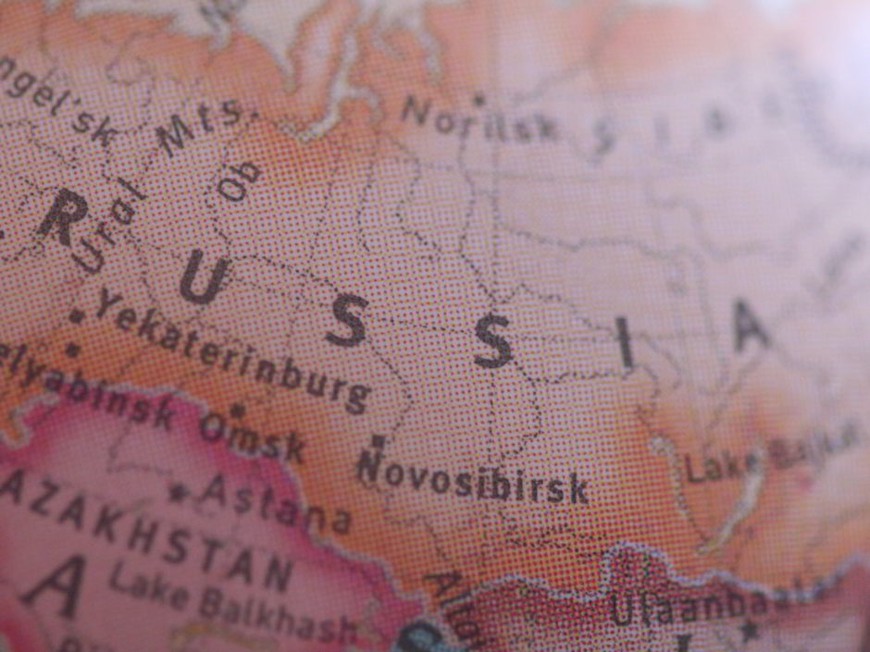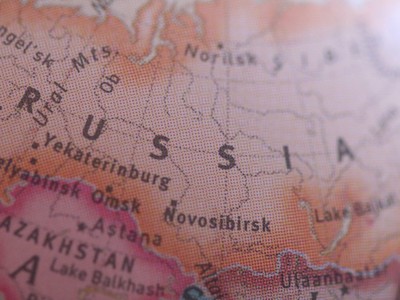

- The conflict in the Ukraine has produced a state of tension between the US, EU and Russia which has the potential to derail proposals to regulate online poker.
- Although a legislative process is well underway, the chances of politicians passing a bill to allow offshore operators to apply for licenses to operate in Russia must be reduced by the conflict.
It has been said, with regard to the situation in the Ukraine, that Vladimir Putin is playing chess, while Barrack Obama is playing poker—if so, Obama, like most of his fellow Americans, is playing at an offshore site.
Ironically, the prospects for online poker regulation are stronger in Russia than they are in the US. Two months ago, the Russian Deputy Prime Minister ordered an analysis and consultation designed to produce proposals for legalizing online poker.
Since then the Ukraine crisis has escalated. The US and EU have placed sanctions on Russian commerce, and Russia has responded by putting sanctions on Western products and threatened to cut off the supplies of gas on which the European economy depends.
Will There be a Knock-On Effect On Online Poker?
At the end of August, an interdepartmental meeting of the various government ministries involved appeared to conclude with the determination to legalize online poker.
Objections on the grounds of public safety were dismissed. Objections on the grounds of personal data security were overcome with the provision of a clause requiring personal data to be held on servers located in Russia.
The existing Russian gambling laws had established five zones in the far flung corners of the country, where casinos were permitted, but proposals to restrict online poker to these zones also appeared to have been defeated.
However, the conflict between Russia and the West appears to be re-establishing the cold war “iron curtain.” There is now a real risk that the Russian parliament may not approve a bill which gives Western companies the rights to extract profits from Russian online poker players.
The Royal Time Group operates the Oracle Casino in Azov City. At the August meeting, it raised no “fundamental” objections to the proposals, and even suggested that game servers should be located in the gambling zones.
If it changes its position and argues that online operators licensed under the new laws should be limited to existing casino licensees—along the lines of the system in New Jersey and Belgium, the idea may well receive a positive reception.
Alternatives to Western Poker Rooms
One factor which helps the case for allowing offshore operators to apply for licenses is the lack of any home grown competitor.
Former Soviet Republic, Georgia, is home to two competitive online poker operators. Adjarabet is 11th in the global cash game rankings, while Europe-Bet is in 22nd.
The two rooms have the capability to provide online poker to Russia, but if anything, relations between Russia and Georgia are worse than those between the US and Russia. In 2008, Georgia and Russia went to war over South Ossetia, and although fighting has ended, diplomatic relations were broken off.
Early Resolution Unlikely
There is currently a cease fire between the two Ukrainian sides. The Ukrainian President is not optimistic that it will hold, and even if it does, he is caught between two irreconcilable pressures. If he allows his country to be split, he will lose the support of the US but if he does not, he condemns it to civil war.
If it is not to be caught in the crossfire, online poker’s best hopes rest on a rapid resolution of the tensions between Russia and the US, and a re-normalization of economic relations.

